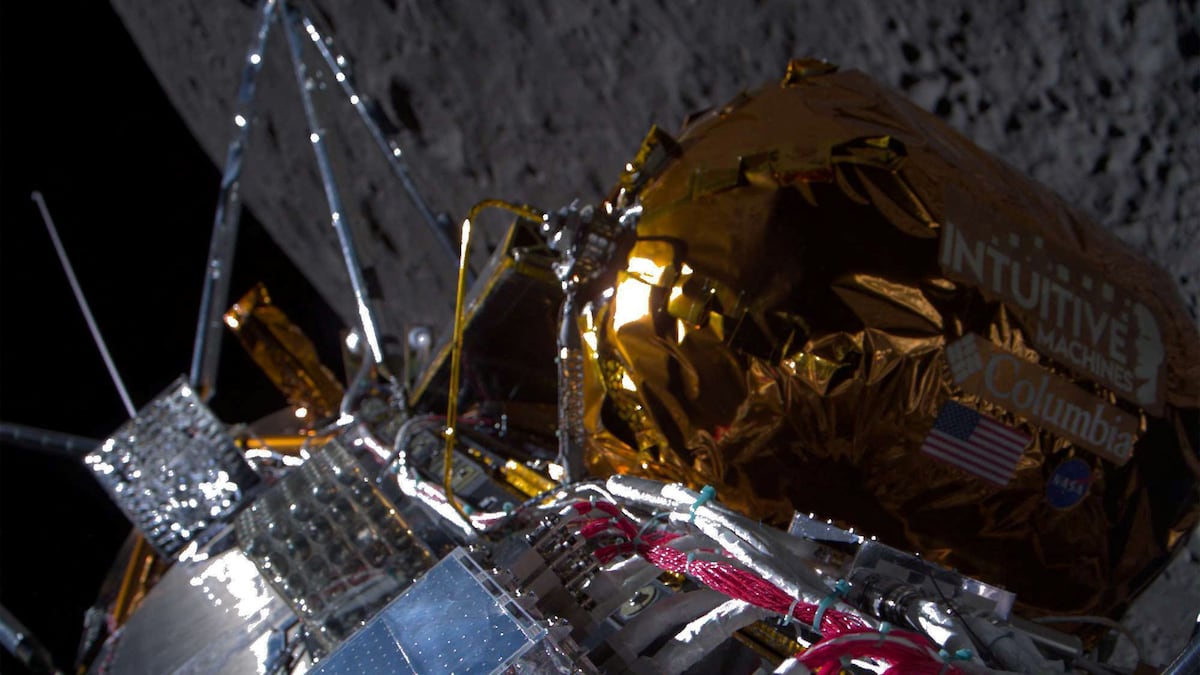NASA announced Tuesday, October 13 that seven countries had signed what it calls the "
Artemis agreements
", a text that wants to legally frame the new wave of exploration of the Moon and other stars and authorize the creation of "
Security zones
".
The signatory countries are: Australia, Canada, Italy, Japan, Luxembourg, United Arab Emirates, United Kingdom.
Read also: Exploring the Moon once again whets appetites
Neither China nor Russia are part of it to this day, raising fears of the emergence of a "
Wild West
" in space, since the great international treaty governing space, dating from 1967, remains vague on the question of the exploitation of extraterrestrial resources;
NASA is in a hurry to set a precedent by shaping a legal regime explicitly authorizing private companies to operate on other stars in a protected manner.
The head of the Russian space agency, Dmitry Rogozin, said Monday that the Artemis program to return to the moon was too "
American-centric
".
Two American astronauts, including a woman, are to walk on the Moon in 2024 during the Artemis 3 mission, and Nasa wants to involve other countries in the construction of the mini-station which will be assembled in lunar orbit from 2023. "
Artemis will be the largest and most diverse international manned exploration program in history, and the Artemis Accords will be the vehicle for establishing this unique global coalition
," said Jim Bridenstine, NASA administrator.
The agreements list ten principles, such as the transparency of activities, the interoperability of national systems, the obligation to catalog any space object, assistance to an astronaut in danger, the sharing of scientific data and the proper management of space debris. .
But the text becomes more controversial by providing for the possibility of creating "
safe zones
" by countries to protect their activities on a celestial body, for example the extraction of resources, such as water at the south pole of the Moon.
The 1967 treaty prohibited any "
national appropriation by proclamation of sovereignty, neither by use nor by any other means
".
But NASA is based on another article of the treaty which prohibits any activity which "
would cause potentially harmful discomfort
" to justify the creation of these safe zones, while reaffirming the primacy of the space treaty.

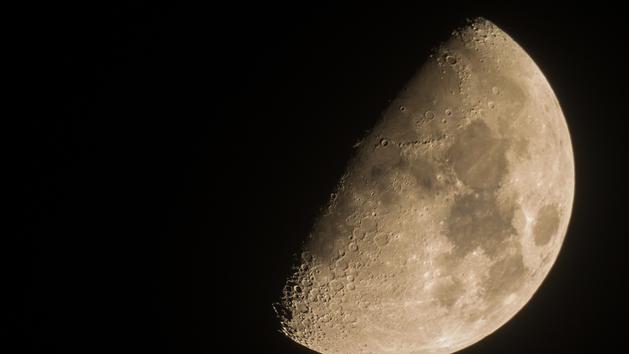
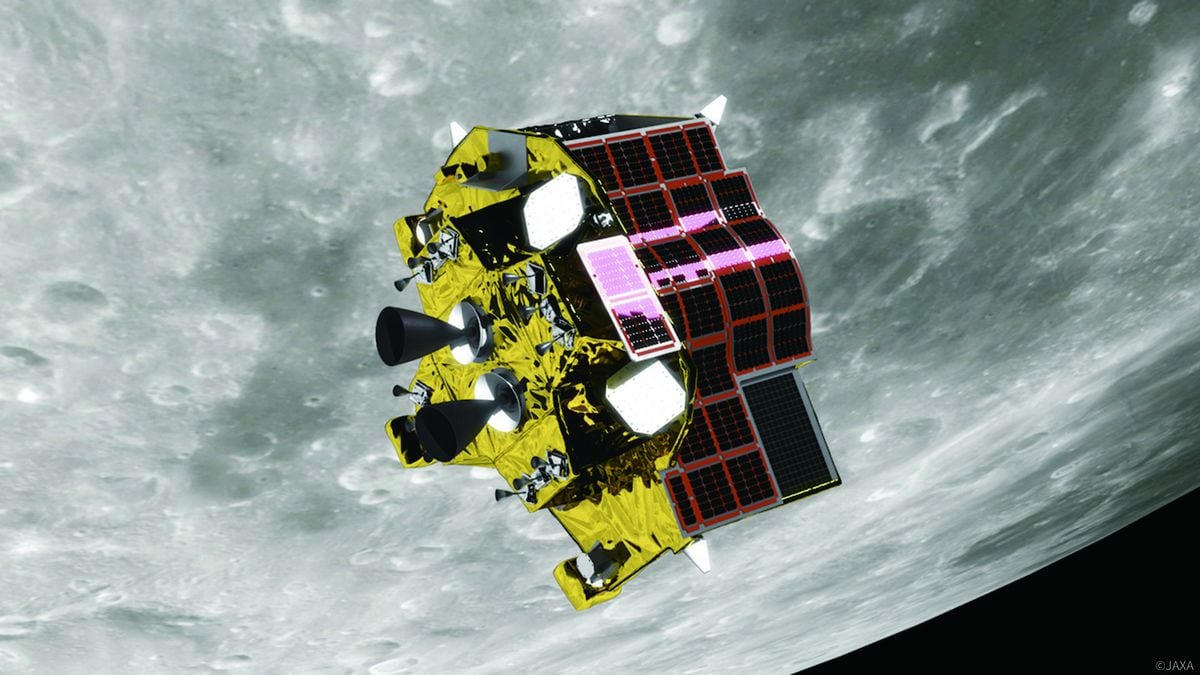
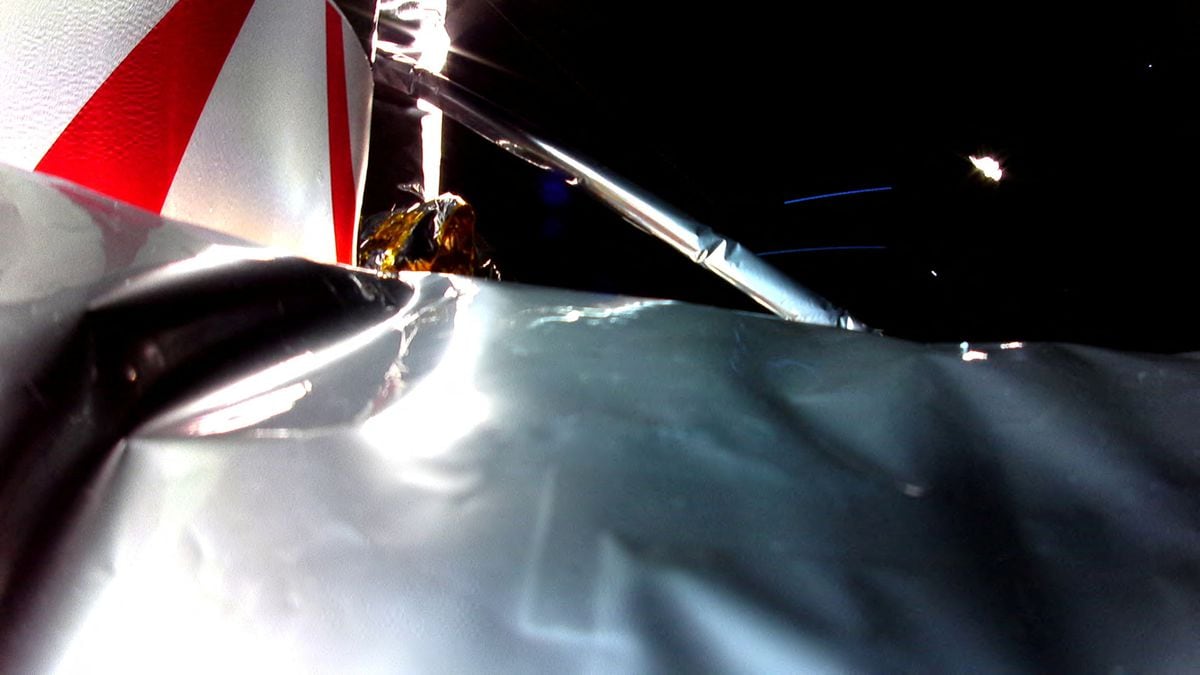
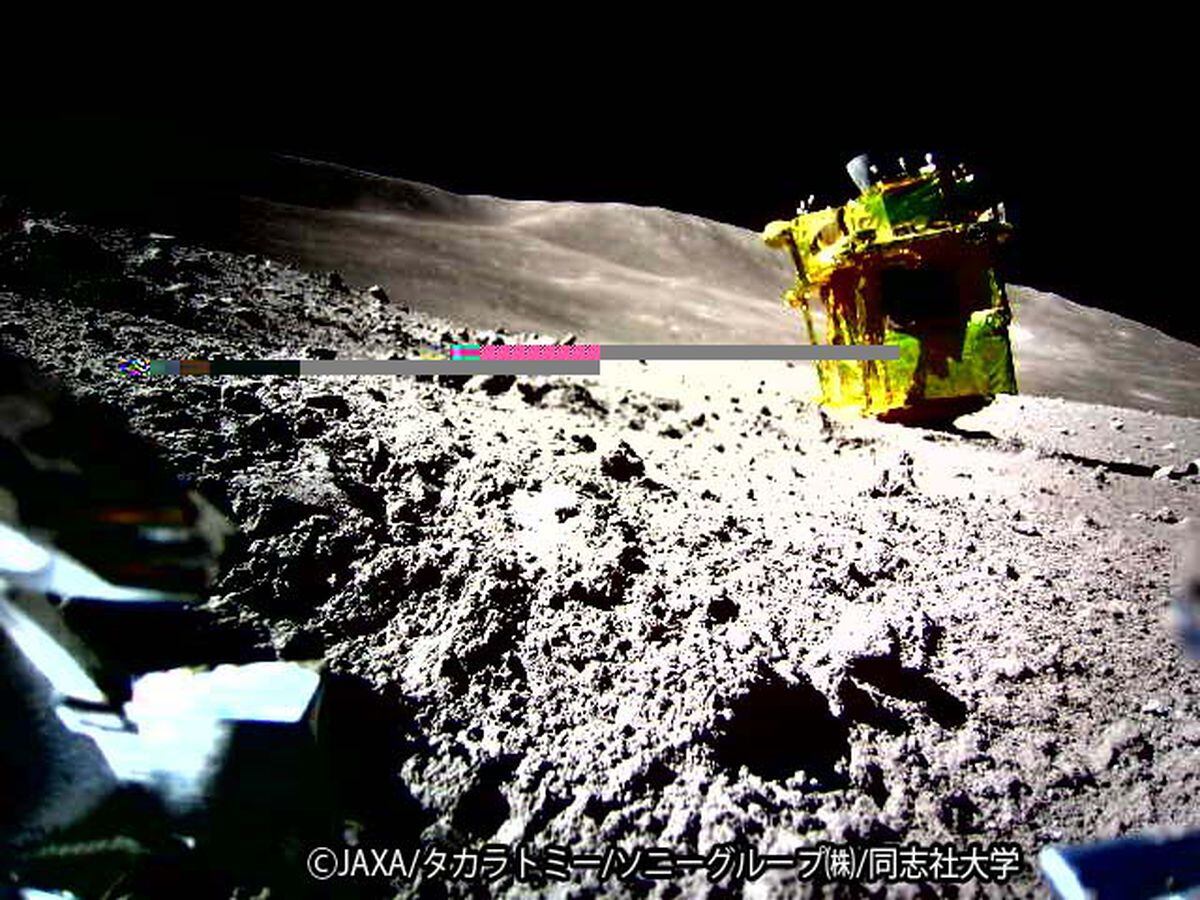

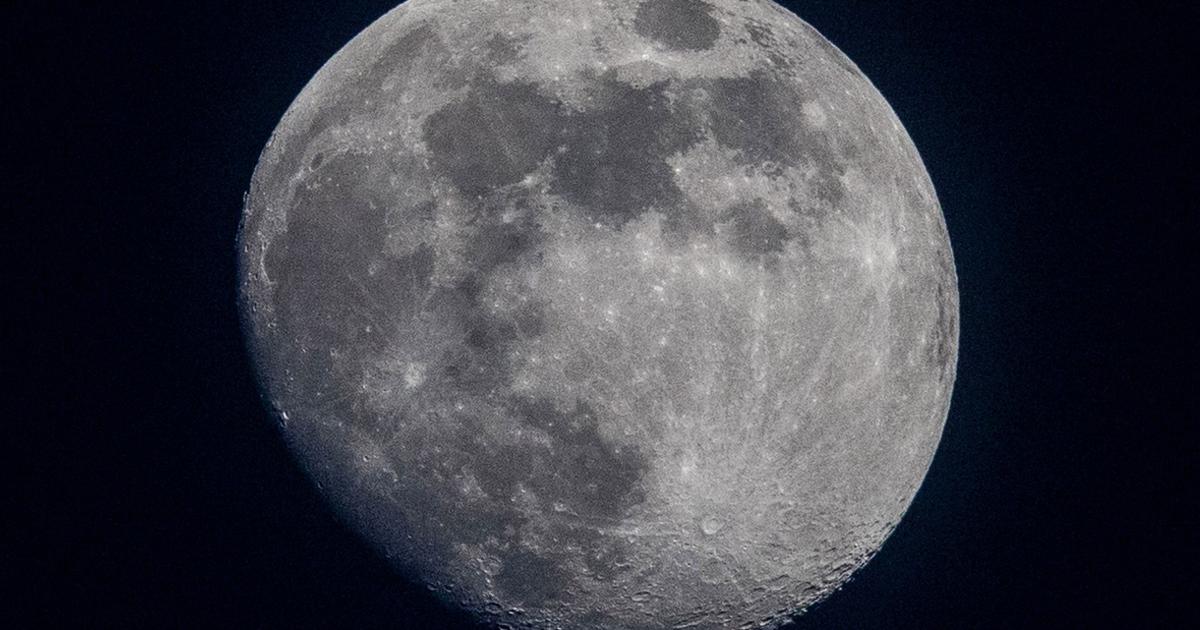

/cloudfront-eu-central-1.images.arcpublishing.com/prisa/Y2BIFXUV3BATVIDZTAF5F7ZSNI.jpg)
